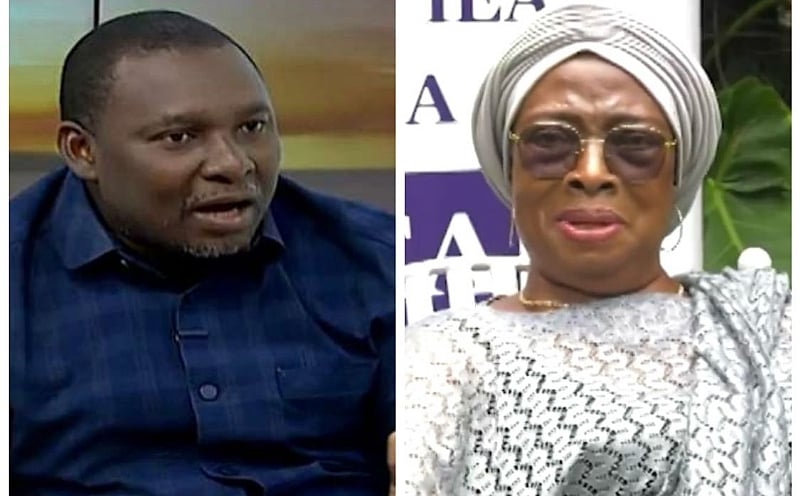The removal of Chief Justice Gertrude Araba Esaaba Torkonoo by President John Mahama has sparked controversy and divided opinions within Ghana’s legal and political circles. Following a petition and subsequent inquiry by a five-member committee, Justice Torkonoo was dismissed on grounds of unlawful expenditure of public funds, abuse of discretionary power, and interference in judicial appointments. This decision, however, has been met with strong criticism, particularly from former Chief Justice Sophia Akuffo, a current member of the Council of State, who condemned the removal process as unjust and disproportionate to the alleged offenses.
Justice Akuffo’s public denouncement of the removal process centered on the perceived unfairness of the proceedings. She characterized the inquiry as a “rigmarole,” arguing that the allegations leveled against Justice Torkonoo lacked the gravity to warrant such a severe outcome as dismissal. She further expressed concern about the treatment of Justice Torkonoo, claiming that the process resembled a “treason trial,” implying an excessive and unwarranted level of scrutiny. Justice Akuffo’s stance has raised questions about the appropriateness of the removal process and ignited a debate about due process and fairness within the judicial system.
Solomon Owusu, a prominent member of the Movement for Change, has vehemently criticized Justice Akuffo’s position, arguing that her comments undermine her credibility and should necessitate her resignation from the Council of State. Owusu contends that Justice Akuffo’s defense of Justice Torkonoo stems from personal connections and shared experiences, including their alma mater, Wesley Girls’ Secondary School, and their shared history as Chief Justices. He accuses Justice Akuffo of demonstrating double standards, pointing to her previous role in invoking Article 146 to establish a prima facie case against former Electoral Commission Chairperson Charlotte Osei, which ultimately led to Osei’s removal. This perceived inconsistency, according to Owusu, reinforces his call for Justice Akuffo’s resignation.
The crux of the disagreement lies in the interpretation of the severity of Justice Torkonoo’s alleged transgressions and the fairness of the process leading to her removal. Justice Akuffo maintains that the allegations, even if proven, did not warrant dismissal, while Owusu and the committee that investigated the claims found the offenses serious enough to justify the president’s action. This divergence in perspective highlights the inherent complexities in judging ethical and professional conduct, particularly within the judiciary. The lack of consensus on the gravity of the alleged misconduct further complicates the already sensitive issue of removing a Chief Justice.
The controversy also underscores the tension between personal relationships and professional obligations. Owusu’s accusation that Justice Akuffo’s defense of Justice Torkonoo is rooted in personal bias highlights the potential conflict that can arise when personal loyalties intersect with public duties. This dynamic raises questions about the objectivity and impartiality of judgments made by individuals in positions of power and the importance of ensuring that personal relationships do not unduly influence decisions that have far-reaching implications. The debate prompts a broader reflection on the ethical considerations that should guide the conduct of public officials, particularly in matters involving individuals they know personally.
The removal of Chief Justice Torkonoo and the subsequent fallout have exposed underlying tensions within Ghana’s legal and political landscape. The case has raised important questions about due process, fairness, and the potential influence of personal relationships on professional judgments. The differing perspectives of key figures like Justice Akuffo and Solomon Owusu underscore the complexities involved in adjudicating such sensitive matters and highlight the need for transparent and impartial processes to ensure the integrity and credibility of the judicial system. The ongoing debate will likely have lasting implications for the governance and functioning of Ghana’s judiciary and the perception of its impartiality.














